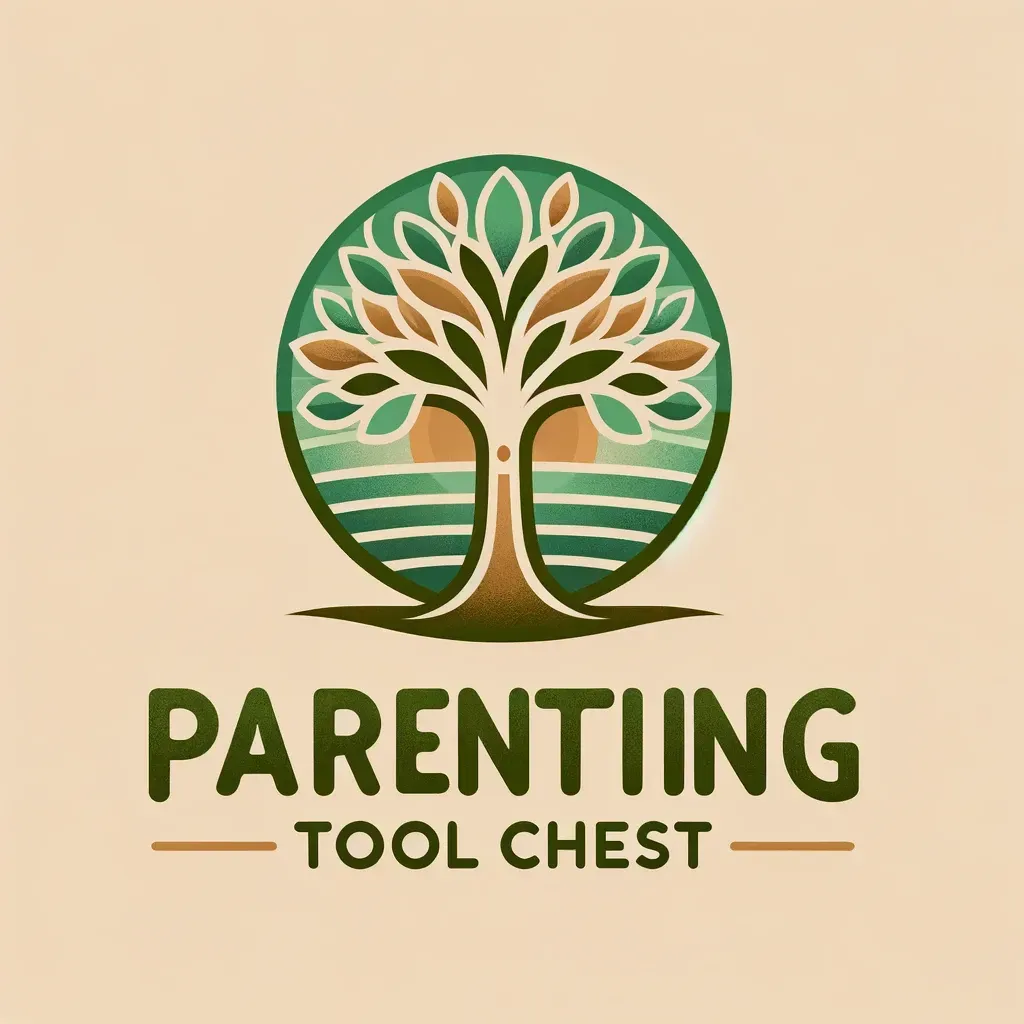Parenting with Purpose
Encouraging Growth and Development of Well-Adjusted Children

The Power of Letting Our Kids Make Mistakes Well
Mistakes are an inevitable part of life and learning. If we reflect on our own experiences, many of us can recall times when a mistake or failure led to growth. So, why do we, as parents, sometimes struggle to let our children fail? Why do we feel the need to shield them from the consequences of their missteps?
From the moment they’re born, our instinct is to nurture and protect our children. We naturally want to prevent them from experiencing disappointment or discomfort. But in doing so, we may inadvertently rob them of the valuable life lessons that come from mistakes. Mistakes offer a unique opportunity to develop essential skills like resilience, problem-solving, and adaptability—traits that can't be learned through constant protection.
It’s important to understand that a mistake is unintentional—like miscalculating a math problem—while a bad decision, such as choosing not to study for a test, is deliberate. Both situations, however, present valuable learning moments. The key is how we, as parents, help our children navigate these experiences to foster growth rather than fear.
Why We Struggle to Let Our Children Fail
As parents, it's natural to want to shield our kids from failure. We want them to succeed, and watching them struggle can be uncomfortable. But it’s essential to recognize that failure is not the enemy—it's part of the process of growth. Our role isn't just to protect them from mistakes and failures, but to guide them through the learning process when they happen.
In many cultures, there's immense pressure to succeed, which often leads parents to step in and "save" their children from failure. While this may seem like a way to help, it actually deprives them of the chance to develop crucial life skills. Learning to recover from mistakes and take ownership of their actions helps children grow into confident, capable individuals. Striking a balance between offering support and stepping back is key to empowering them to solve problems and take responsibility for their decisions.
The Value of Mistakes
Reframing mistakes as learning opportunities rather than failures is crucial to helping our children thrive. Here are a few of the life lessons mistakes can teach:
Resilience: Mistakes show children how to bounce back from setbacks and keep moving forward, even when things don't go as planned.
Responsibility: Kids learn to take ownership of their actions and understand the consequences of their choices.
Problem-Solving: Mistakes encourage creative thinking, pushing children to find solutions and adapt when things go wrong.
Confidence: Overcoming mistakes boosts their confidence and reinforces their belief in their abilities.
Empathy: Experiencing mistakes fosters understanding and compassion for others who may also be struggling.
Growth Mindset: Children realize that their abilities aren’t fixed—they can improve and grow through effort and perseverance.
Brain Growth: Neuroscience research shows that tackling new and challenging tasks, including making mistakes, stimulates brain growth. When children make mistakes or struggle with something difficult, their brains form new connections, expanding and strengthening neural pathways. This is how their brains "get stronger" over time, making mistakes a critical part of brain development.
Helping Kids Make Mistakes Well
So, how can we, as parents, guide our children to make mistakes in a way that helps them learn and grow? Here are some practical strategies:
Normalize Mistakes: Share your own mistakes with your kids. Let them see that everyone, even adults, stumbles sometimes, and that mistakes are simply part of learning.
Focus on Effort: Instead of only praising results, highlight the effort they put in and the strategies they use to improve. This will help them see the value in the process, not just the outcome.
Encourage Risk-Taking: Create a safe environment where your children feel comfortable trying new things, even if it means they might fail.
Teach Coping Skills: Equip your kids with tools to handle the frustration or disappointment that often follows a mistake. Help them practice positive self-talk or mindfulness techniques to manage those emotions.
Provide Constructive Feedback: When a mistake happens, avoid focusing on the failure itself. Instead, help them reflect on what went wrong and how they can do better next time.
Celebrate Learning, Not Perfection: Shift the focus away from perfection and emphasize the learning process. Praise them for trying, learning, and making progress, regardless of the outcome.
Mistakes are not obstacles—they are pivotal moments that shape who our children become. By allowing them the space to make mistakes, reflect on them, and learn from them, we equip them with the tools they need for a future of resilience, adaptability, and success. Let’s embrace the power of mistakes and help our kids make them well.
Instagram: parentingtoolchest
Facebook: Parenting Tool Chest
